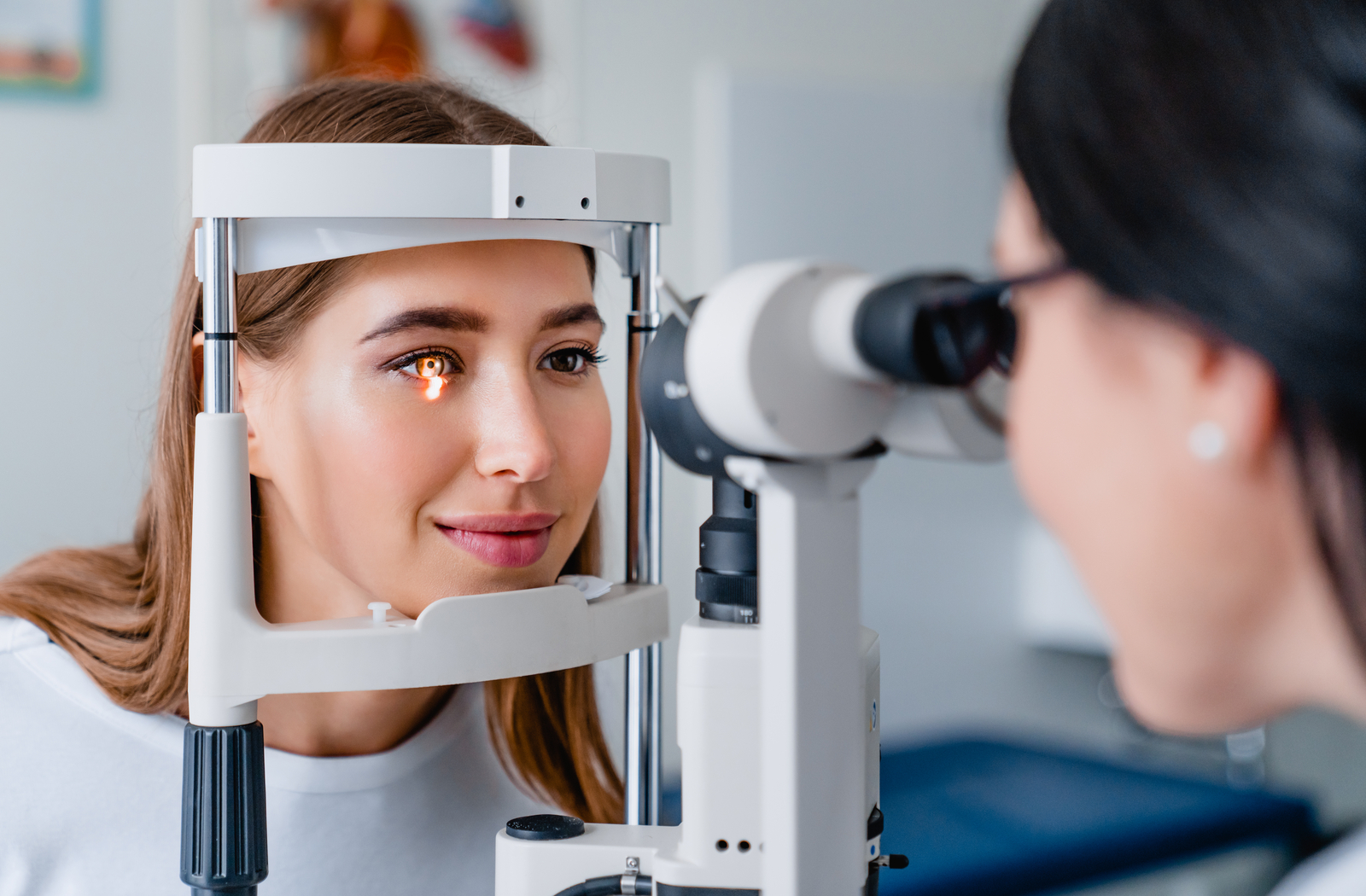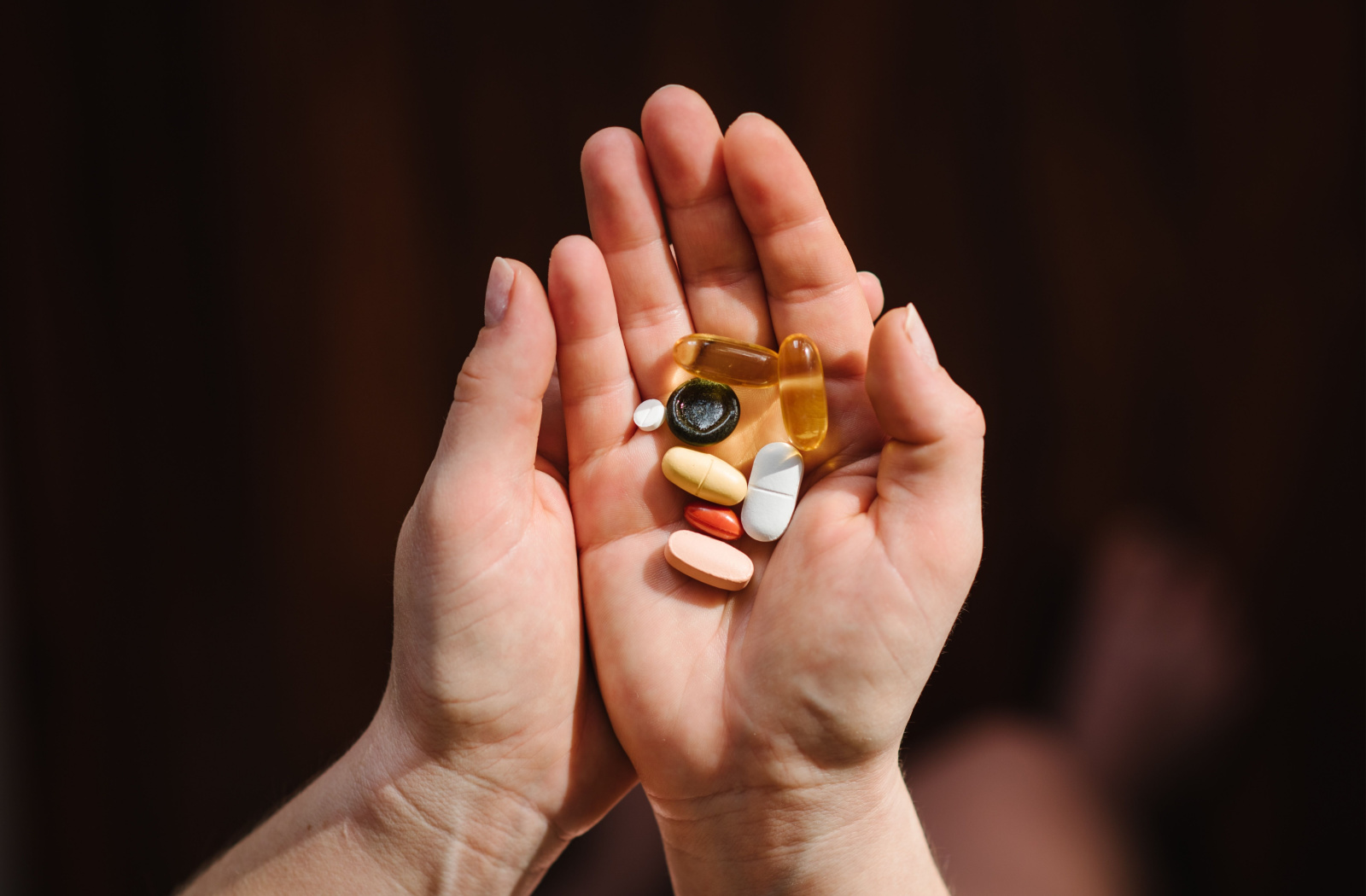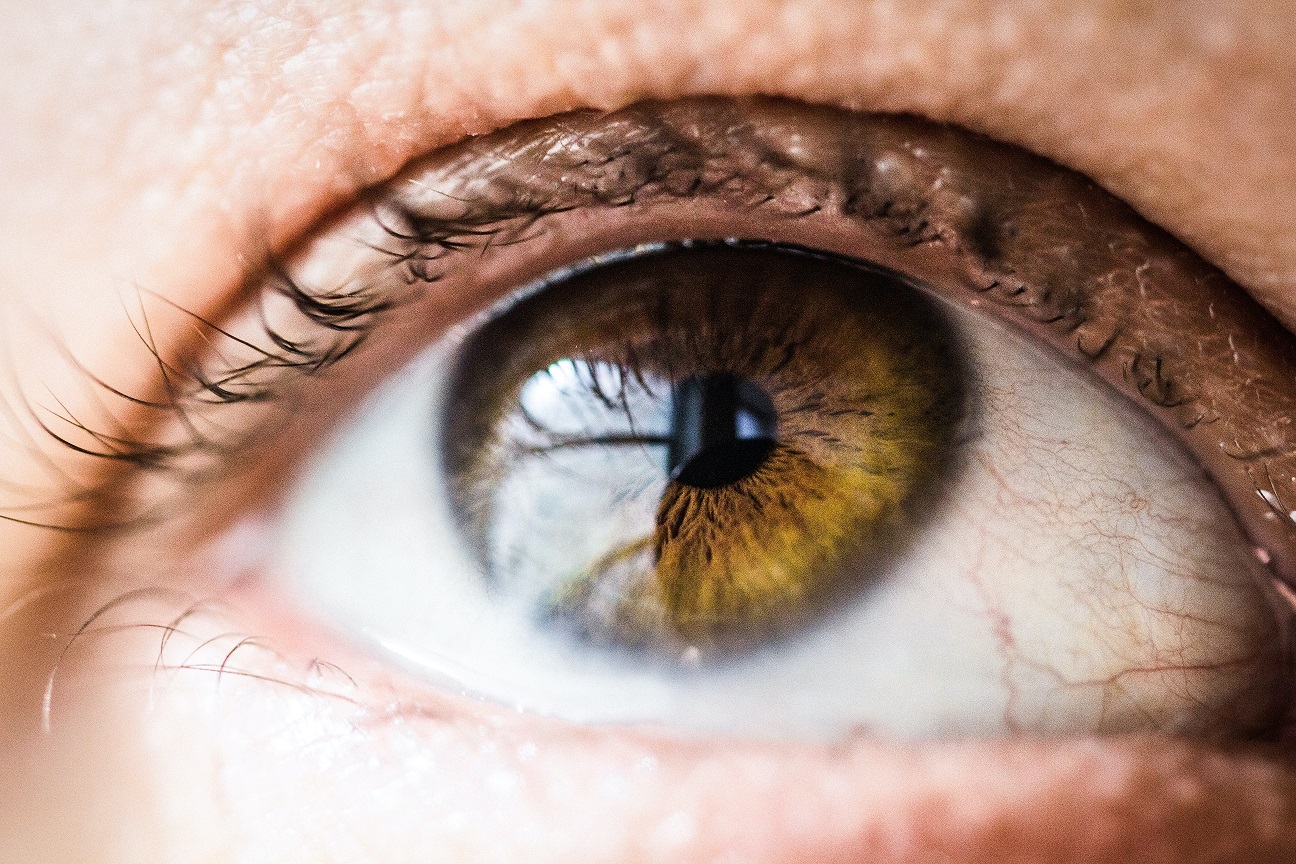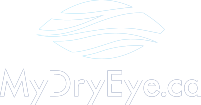Dry eye is a chronic disease that requires constant maintenance. A common type of dry eye is meibomian gland dysfunction (MGD). MGD is a specific type of dry eye that is caused when there is low oil in your tears.
How do we create more oil and restore homeostasis in the eyes? One of the main ways to treat MGD is utilizing thermal pulsation (heat and pressure).
If you have MGD, your dry eye doctor may have recommended at-home therapies such as warm compresses, preservative-free eyedrops and omega-3’s. However, if you are still experiencing irritation and dryness, combined in-office therapy and at-home therapy will relieve your symptoms greatly. In today’s blog, we will discuss the best in-office treatments for MGD.
Radiofrequency for MGD
Radiofrequency (RF) is a popular non-surgical anti-wrinkle treatment in the dermatology and aesthetics world. RF safely distributes a high frequency of electrical current to produce heat. The deep heating stimulates collagen synthesis for a younger appearance.
Most recently, Inmode RF received Health Canada Certification for the treatment of MGD. Since this treatment produces consistent heat and pressure, optometrists have started to incorporate RF as an in-office procedure for MGD.
RF has shown to improve oil secretion by unclogging the glands and usually, 3-4 treatments are recommended to provide effective oil secretion.
Watch Radiofrequency in Action
LipiFlow for MGD
LipiFlow is another breakthrough treatment designed for patients with meibomian gland dysfunction. This treatment safely applies heat into the upper and lower eyelids while gently applying pressure to liquify and expel the unhealthy oil glands. LipiFlow takes 12 minutes and requires 1 visit to complete the treatment.
Additionally, LipiFlow has also been studied to treat patients prior to cataract surgery. Patients who had LipiFlow showed a significant increase in meibomian gland quality and an improved cornea, thus reducing dry eye symptoms after cataract surgery.
Watch LipiFlow and How it Works
Systane iLux2 for MGD
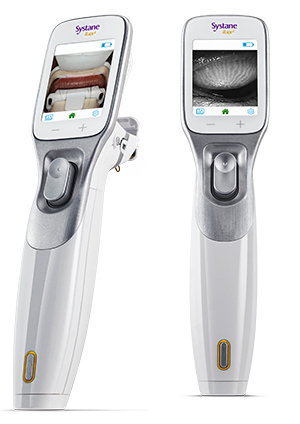
Lastly, Systane iLux2 is a handheld device that improves MGD by melting the clogged meibum oil into the tears. It is a unique treatment that heats the upper and lower eyelid with gentle pressure. An added bonus is Systane iLux2 images the meibomian glands on the device to help guide the ocular hygienist or the doctor during the treatment.
Moreover, Systane iLux2 is performed manually by a trained ocular hygienist or an eye doctor. The in-office treatment usually requires 1 visit and the entire procedure lasts anywhere from 8 – 12 minutes.
Watch iLux2 and How it Works
MGD Treatments – Ask Your Doctor
If you are looking for an optometrist that has these MGD treatments in their office, visit one of our MyDryEye clinics. Your doctor will examine your eyes thoroughly and discuss which treatment is the best one for you.


